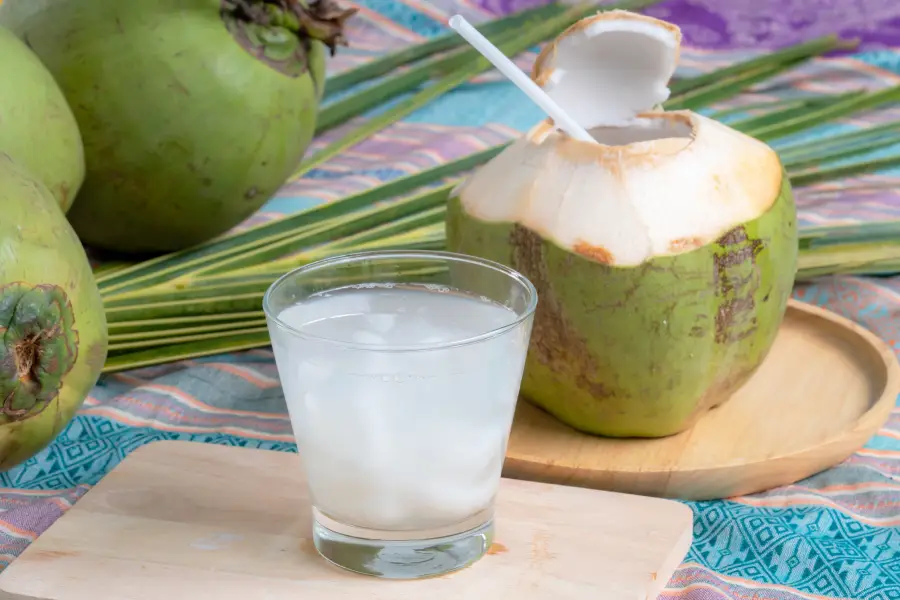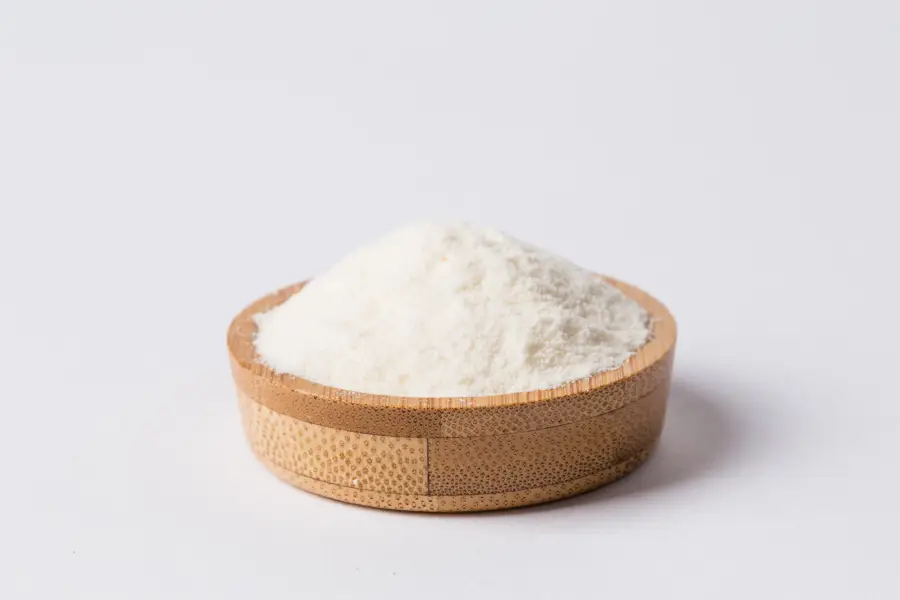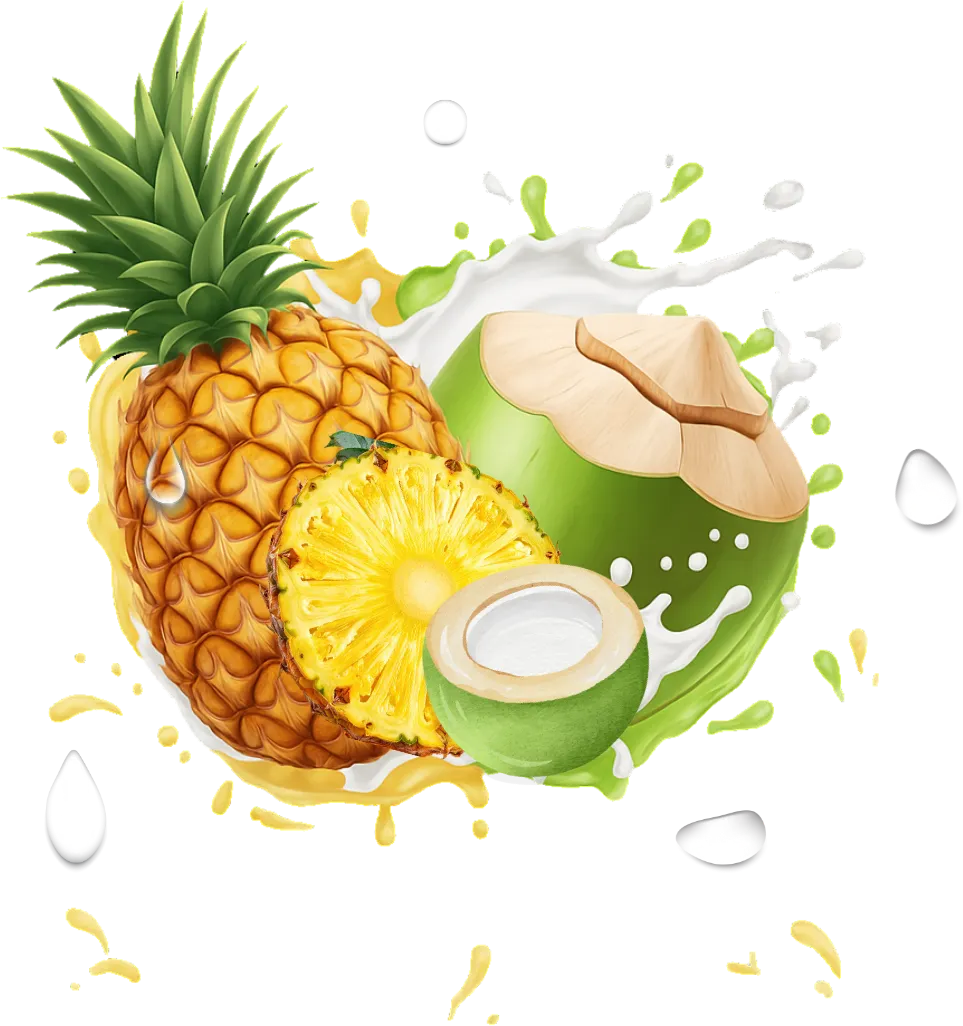You crave sweetness. We all do. Yet, excessive sugar consumption presents significant health challenges. Consequently, many individuals seek healthier alternatives. Enter sugar substitutes, a diverse group of compounds promising sweetness without the calories. But how much do you truly know about them? This article cuts through the confusion. We rigorously examine the evidence. We reveal the crucial facts about their health safety. Prepare to make empowered decisions about your diet. Your well-being deserves clarity.
Modern diets often overflow with added sugars. This leads to serious health consequences. Obesity rates soar globally. Type 2 diabetes impacts millions. Furthermore, heart disease remains a leading killer. These grim realities drive an urgent search for solutions. People desire a sweet taste. They want to avoid the adverse health effects. Therefore, low-calorie sweeteners, or sugar substitutes, emerge as compelling options. They offer a perceived guilt-free indulgence. They promise a pathway to better health. We explore their widespread appeal here.
Manufacturers classify sugar substitutes into several key types. Each category boasts unique properties. First, artificial sweeteners are synthetic compounds. They provide intense sweetness. Examples include aspartame and sucralose. Second, natural sweeteners derive from plants. Stevia and monk fruit fall into this group. They offer natural, calorie-free sweetness. Third, sugar alcohols occur naturally in fruits and vegetables. Xylitol and erythritol represent this class. They provide fewer calories than sugar. These distinct groups impact the body differently. Consequently, understanding each category becomes vital for informed choices. We delve into their individual characteristics next.
Artificial sweeteners have dominated the market for decades. They offer intense sweetness. They provide negligible calories. However, public perception often wavers. Concerns about their long-term effects frequently arise. We scrutinize the most common artificial compounds. We address their controversies. We empower you with knowledge.
Aspartame sweetens many diet sodas. It sweetens countless sugar-free products. This compound delivers sweetness 200 times more potent than sugar. Your body metabolizes it into amino acids. Regulatory bodies globally endorse its safety. The U.S. Food and Drug Administration (FDA) approved it decades ago. They affirm its safety within Acceptable Daily Intake (ADI) levels. Nevertheless, some individuals report headaches. Others express cancer fears. Extensive research refutes a link to cancer. The evidence remains clear. Aspartame is safe for most people in moderation.
Sucralose offers exceptional heat stability. This makes it popular for baking. It provides 600 times the sweetness of sugar. The body excretes most sucralose unchanged. Consequently, it contributes zero calories. Decades of research support its safety. Recent studies investigate its impact on gut microbiome. Researchers also study potential effects on blood sugar regulation. These studies are ongoing. Therefore, consume it mindfully. Stay informed about emerging science. Its general safety profile remains strong.
Saccharin holds a long history. It became the first artificial sweetener. Concerns once arose about bladder cancer. Subsequent research acquitted saccharin. It is now widely accepted as safe. Acesulfame K (Ace-K) often partners with other sweeteners. It enhances their taste profile. Ace-K provides reliable, calorie-free sweetness. Both compounds undergo rigorous testing. Regulatory bodies approve their use. You find them in various foods and beverages. Their safety record proves robust. We trust these established options.
Nature offers its own sweet solutions. Plant-derived sweeteners gain immense popularity. They often boast a more natural image. Many individuals prefer them. They seek alternatives free from synthetic compounds. We explore the leading natural choices. Discover their unique benefits. Embrace their wholesome appeal.
Stevia originates from the Stevia rebaudiana plant. Its compounds, steviol glycosides, provide intense sweetness. They offer zero calories. Stevia may benefit blood sugar control. It does not raise insulin levels. Furthermore, some studies suggest blood pressure lowering effects. Reb A and Reb M are common forms. Reb M provides a purer taste. When considering natural ingredients for your health-conscious kitchen, remember products like Tropiko Tender Coconut Powder. You can check this remarkable product here, perfect for enhancing your natural, wholesome dishes. Stevia offers a compelling natural option.
Monk fruit, or luo han guo, hails from Southeast Asia. Monks cultivated it centuries ago. Mogrosides give it sweetness. These compounds offer zero calories. Monk fruit does not affect blood sugar. It presents a clean taste profile. This natural sweetener gains traction rapidly. It provides a highly promising alternative. Its popularity continues to grow. Embrace this ancient gift. It supports modern wellness goals.
Erythritol stands apart from other sugar alcohols. Your body largely absorbs it. It then excretes it via urine. This minimizes digestive upset. Many other sugar alcohols cause discomfort. Erythritol occurs naturally in some fruits. Food manufacturers produce it through fermentation. It provides fewer calories than sugar. It offers a clean, mild sweetness. Erythritol provides an excellent option. Choose it for baking. Use it for beverages. It offers minimal side effects.
Sugar alcohols exist widely in nature. They provide a sweet taste. They contain fewer calories than sugar. However, they can cause digestive issues. We examine two common examples. Understand their potential impact. Navigate their unique characteristics with confidence.
Xylitol often appears in sugar-free gum. It promotes dental health. It reduces cavity-causing bacteria. Sorbitol sweetens many diet products. Both offer about half the calories of sugar. However, they draw water into the intestines. Excessive consumption leads to laxative effects. Some individuals experience bloating. Others report gas. Therefore, consume them in moderation. Your digestive system will thank you. Always monitor your intake levels carefully.
Government agencies play a critical role. They ensure the health safety of food additives. These bodies rigorously test new substances. They establish guidelines for consumption. Their oversight protects public health. Understanding their processes offers reassurance. We highlight the key players. Trust their scientific evaluations.
The U.S. Food and Drug Administration (FDA) stringently regulates these substances. They conduct extensive reviews. They set Acceptable Daily Intake (ADI) levels. The European Food Safety Authority (EFSA) performs similar evaluations. The World Health Organization (WHO) also contributes to global safety standards. These organizations rely on robust scientific data. They continually update their assessments. This ensures ongoing safety. Explore the FDA's comprehensive information on high-intensity sweeteners to understand their rigorous evaluation process. Consequently, you can trust their findings. They work tirelessly for your protection.
Determining absolute safety requires nuance. All approved sugar substitutes are generally safe. They are safe when consumed within recommended ADI levels. This fact holds true for most individuals. However, individual sensitivities vary. Some people react differently to specific sweeteners. Therefore, personal experience matters. Listen to your body. Research provides a strong foundation. Personal observation completes the picture. Make informed, personalized choices.
Making smart decisions about sweeteners is crucial. You hold the power. Implement practical strategies. Achieve your health goals effectively. We offer clear, actionable advice. Take charge of your dietary choices today.
Always read food labels diligently. Understand what you consume. Vary your sweetener intake. This minimizes potential exposure to any single compound. Focus primarily on whole, unprocessed foods. Limit reliance on all processed products. Ultimately, consult a healthcare professional. They offer personalized advice. They understand your unique health profile. If you are passionate about health and wellness and wish to collaborate on innovative solutions, contact Tropiko today. We welcome partnerships focused on natural ingredients and healthy living. Take these steps. Embrace a healthier, more balanced lifestyle.
The truth about sugar substitutes is clear. Most approved options offer safe alternatives. They provide sweetness without excess calories. Regulatory bodies ensure their stringent safety. They protect consumers globally. However, moderation remains paramount. Listen to your body. Make educated choices. Understand your individual needs. By doing so, you can enjoy sweetness responsibly. You choose health and well-being. Embrace this journey confidently. Your informed decisions pave the way for a brighter, healthier future.




